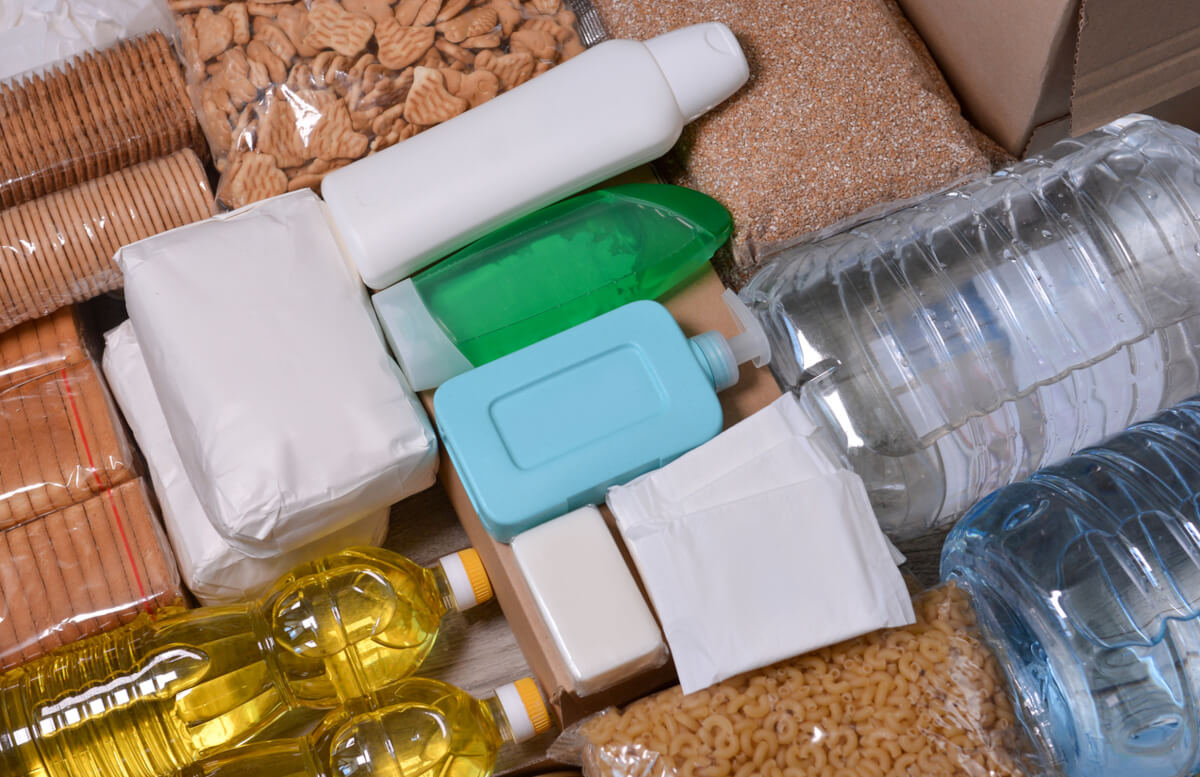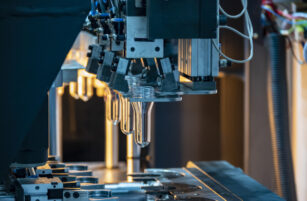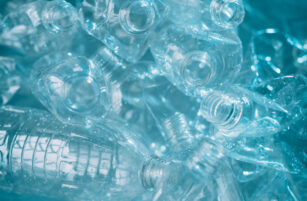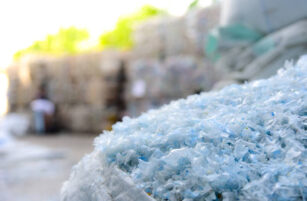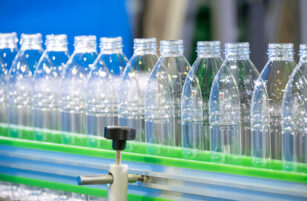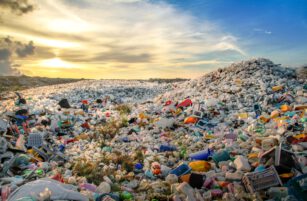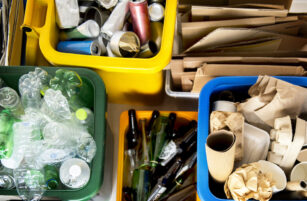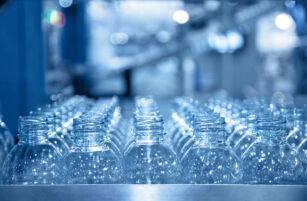Insight Focus
Plastic has an essential role in healthcare, emergency relief and food safety. The challenge is using it responsibly and ensuring sustainable disposal. A circular approach maximises benefits while reducing environmental impact.
Plastic gets a bad rap. Maybe that would stop if we only used other packaging materials, or no packaging at all. But would that solve the problem? What applications can only plastic be used for? Maybe plastic isn’t the problem, but rather how we make sure it’s used when it’s the best possible solution and – crucially – is respected throughout its life cycle.
Let’s look at the ways in which plastic is the best answer.
The Vital Role of Plastics in Healthcare
Plastics are crucial in manufacturing sterile, single-use medical devices such as syringes, IV bags and catheters. These items prevent cross-contamination and infections, ensuring patient safety in hospitals and emergency care.
Keeping pharmaceutical items – including vaccines and bandages – sterile without adding weight means that medicines and medical supplies can be easily stored and transported, even in remote areas or in emergency situations.
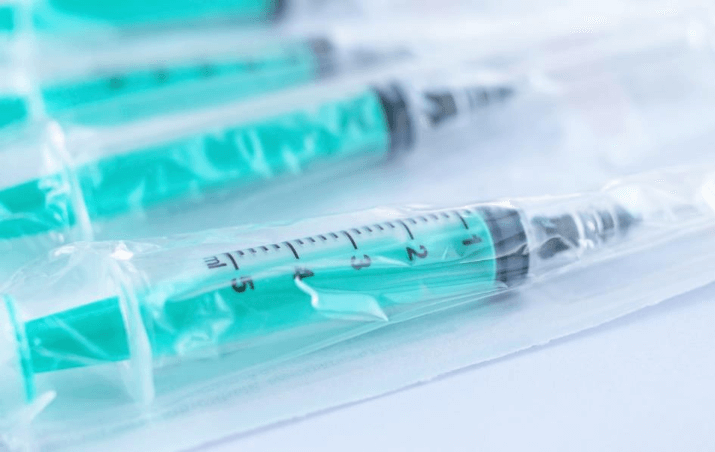
You don’t need me to remind you of the PPE situation during the Covid-19 pandemic. People who had never even heard of ‘PPE’ before were suddenly trying to source face masks and protective clothing. Would it have worked just as well if our medical professionals were wrapped in foil?
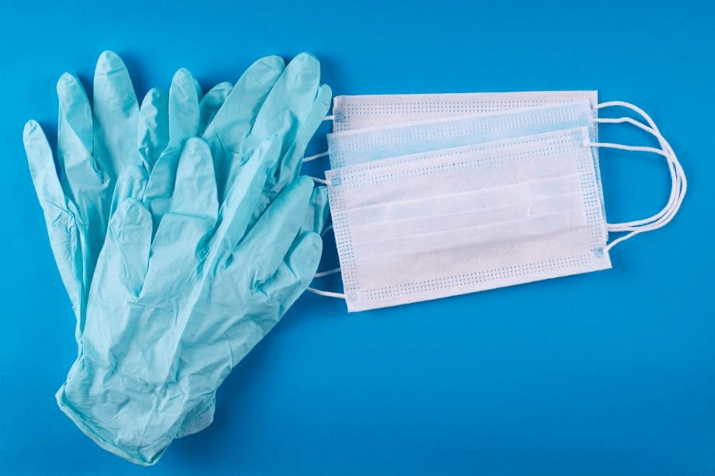
Medical implants and prosthetics also rely on plastic, with many life-saving devices such as heart valves, artificial joints and prosthetics made from specialised plastic materials thanks to their durability, flexibility, and biocompatibility with the human body.
Emergency Water Transportation
Alongside medical emergencies, the need for transporting water in environmental and social emergencies relies on the responsible use of plastic. Cases of bottled water can even be dropped from helicopters if required, knowing that the water will get to where it’s needed without breakages.
Similarly, plastic containers and pipes are essential for efficiently distributing and storing clean water in disaster-stricken areas. They can be deployed quickly and effectively thanks to being lightweight and durable, with no contamination issues.
Plastic is also used for tarpaulins and emergency shelters.
Improving Food Safety and Waste
Plastic packaging helps preserve food for longer periods by preventing contamination and spoilage.
Knowing that our food is clean – and the packaging can be wiped down if required – is comforting in emergency situations, for new parents, and for caring settings where people are responsible for vulnerable adults and children.
We can also minimise food waste through suitable packaging; resealable bags keep products fresh longer in the fridge, and road trips become much more enjoyable when you don’t have to carry your crisps loose in your hands.
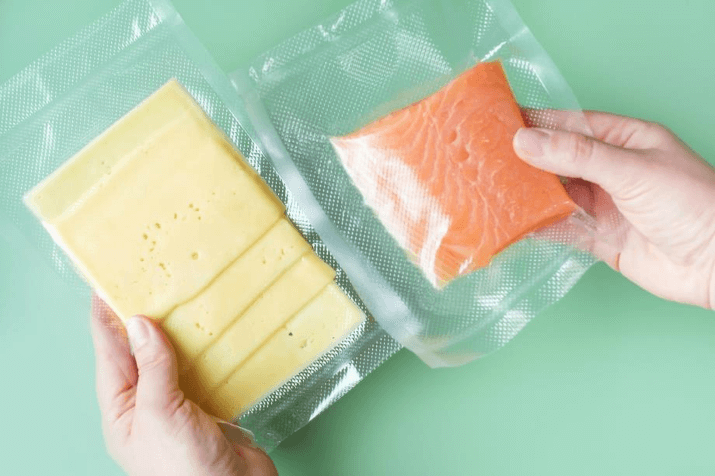
Ensuring Responsible Plastic Use
So, how can we make sure that the plastic we use is as responsible as possible so that we have it available for these necessary applications? While admittedly some are more crucial than others, all uses of plastic must be subject to life cycle responsibility. By making sure that plastic is responsibly sourced and recycled after use, it will keep looking after us.

To ensure that the plastic we use is as responsible and sustainable as possible, we must support a circular economy by recycling existing plastics back into production.
Manufacturers must choose suppliers that adhere to strict environmental and social standards, ensuring that the plastic they produce is manufactured sustainably, with reduced emissions, waste, and energy consumption.
Working with suppliers that embrace Design for Recycling principles is also a great way to integrate plastic responsibility right from the start. This means that product designs are using plastic responsibly by thinking about how the product will be recycled at the end of life, as well as making sure it uses as little raw materials in the first place.
